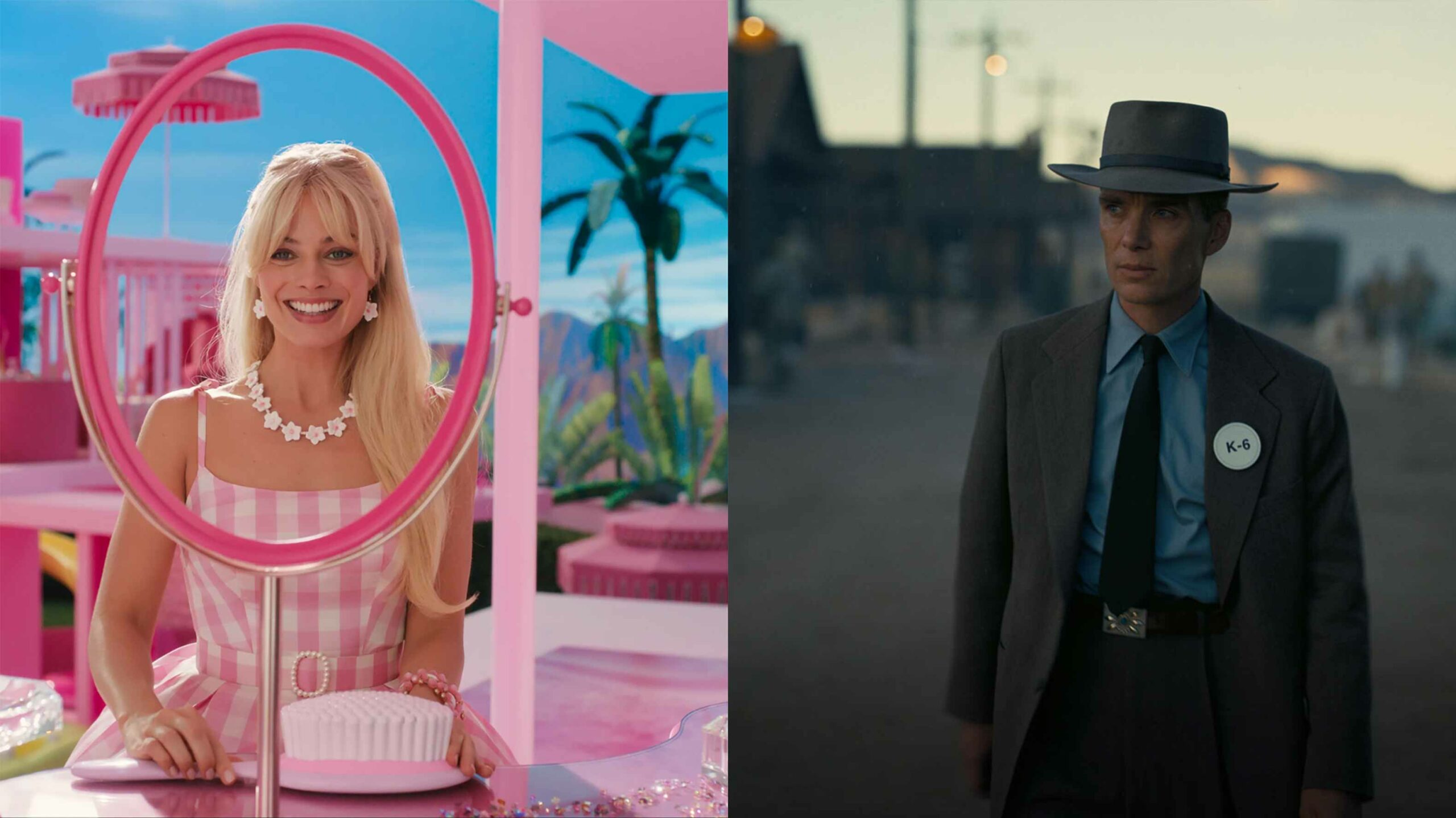
A top Netflix executive thinks Barbie and Oppenheimer would have had the same level of success on Netflix as they did in theatres last year.
In an interview with The New York Times, Netflix co-CEO Ted Sarandos discussed the types of content that the streamer will and won’t produce. Outside of “breaking news and that kind of thing,” which he says isn’t what Netflix’s audience wants, the company is largely open to new endeavours.
The New York Times reported then brought up the two movies that dominated the theatre space last year, Barbie and Oppenheimer, and asked Sarandos if those would have been out of the streamer’s “wheelhouse.”
In response, Sarandos said both films “would be great for Netflix,” arguing that they “definitely would have enjoyed just as big an audience on Netflix.”
He went on to argue that Netflix has no reason to believe that “certain kinds of movies do or don’t work” on its platform.
“There’s no reason to believe that the movie itself is better in any size of screen for all people,” he said. “My son’s an editor. He is 28 years old, and he watched Lawrence of Arabia on his phone.” (Why anyone would opt to watch the four-plus-hour Peter O’Toole-led epic on a phone is a mystery.)
It’s clear that Sarandos is touting Netflix’s global audience of more than 260 million subscribers, and that certainly isn’t anything to scoff at. But on the flip side, he seems to be ignoring the nuances that helped make Barbie and Oppenheimer, collectively referred to as ‘Barbenheimer,’ so massive — namely, that a great deal of luck was involved.
Universal had long planned for Oppenheimer to release in the summer, like many previous Christopher Nolan films, leading to a bit of a feud when Warner Bros. picked the same July 21st release date for Barbie. (Some have even speculated this was Warner Bros. getting revenge against Nolan after their long-running partnership came to an end with Tenet.)
However, what was seemingly once a bitter rivalry inadvertently ended up benefiting both parties, as the internet became obsessed with the amusing contradictory pairing of a colourful film about a sentient plastic doll and a harrowing drama chronicling the creation of the atomic bomb. This led scores of people to go see both movies. Barbie ended up grossing $1.44 billion USD (about $1.97 billion CAD), while Oppenheimer made $976 million USD (about $1.33 billion CAD) and took home Best Picture at the Oscars.
While many people would have no doubt streamed Barbie and Oppenheimer had they gone straight to Netflix, it seems unlikely that they would have had anywhere near the same cultural impact. (Comparatively, a quick look at Netflix’s biggest hits to date shows quite a few forgettable titles.) That’s to say nothing of the immense box office success of Barbie and Oppenheimer, which would have been cannibalized had they been Netflix-only releases.
But above all else, I’m really just wondering why Sarandos’ son would opt to watch the four-plus-hour 1962 Peter O’Toole epic Lawrence of Arabia on his phone. Let’s just hope David Lynch doesn’t find out about that.
Image credit: Warner Bros./Universal
Source: The New York Times
MobileSyrup may earn a commission from purchases made via our links, which helps fund the journalism we provide free on our website. These links do not influence our editorial content. Support us here.


